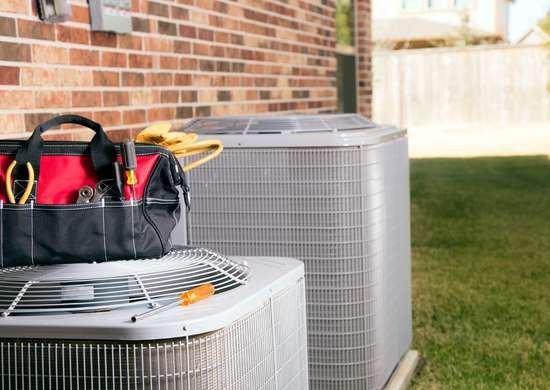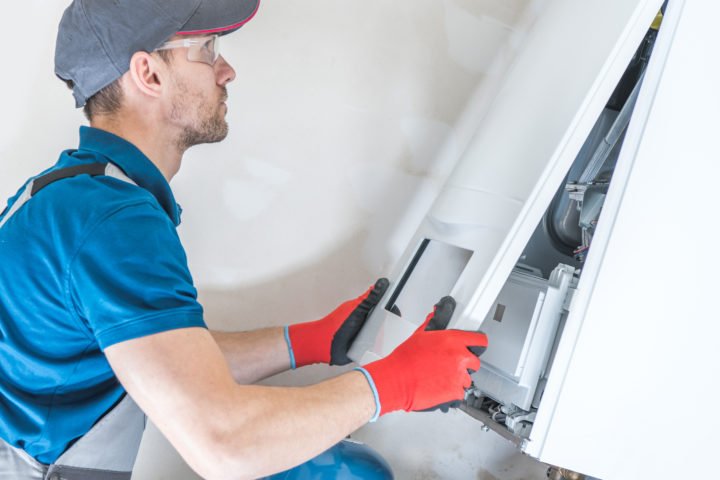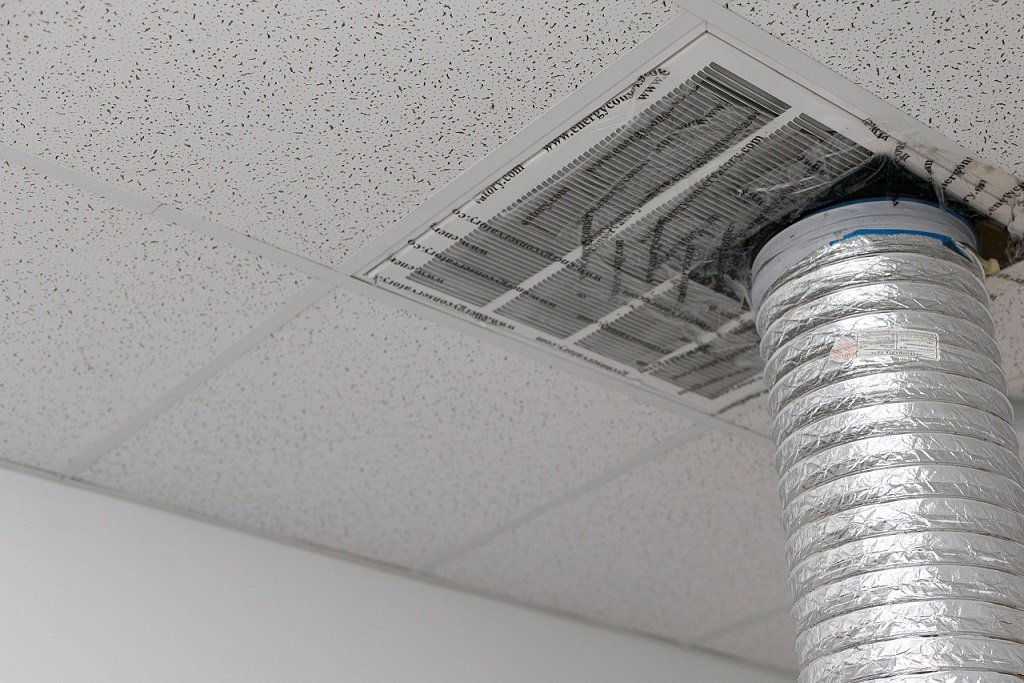What Will Void An HVAC Warranty?
Upon purchasing a new HVAC system, the customer receives a warranty card along with it. In case of technical failure the warranty card will cover the replacement of major parts, and it also covers costs of certain repairs and several other similar expenses. Although many are not aware of it, it is possible to void the HVAC warranty, even if it is done unintentionally.
Hence, it is critical to read the warranty carefully and adhere to all the rules mentioned in it. Make sure not to make any wrong moves and accidentally void the HVAC system warranty.
If you have been seeking help to ensure that your HVAC warranty remains valid, you are in the right place. Let us educate you on how you can prevent the warranty of your system from being voided.
Conditions Under Which The Warranty Stands Void
- Missing Annual Maintenance:
Be it your furnace or air conditioner, getting annual tune-ups done is essential. Yearly maintenance helps to keep the system working and in the best possible condition. The HVAC warranty will become void if you don’t get the system tuned up by professionals at least once every year. Also, ensure to keep a record of the maintenance costs to prove to the service professionals that you have never missed an annual tune-up.
- An Unregistered System:
For your system’s warranty to be active, make sure to register it in the first place. The companies require the registration of a system to be done within a specific period. Thus, make sure to get your system registered right after the installation of your system.
- Getting The System Fixed By An Invalid Contractor:
To keep your HVAC warranty valid, you must always work with a group of contractors or professionals who have the required qualifications, licensing, experience and knowledge to carry out a specific task. If you hire an unqualified contractor to either install or repair your system, the chances are that your warranty will become void.
- Using Mismatched Or Unauthorized Parts:
Cooling or heating systems are designed to work only with a certain set of parts. You must know that one manufacturer will not offer a warranty on parts manufactured by another manufacturer. Hence, make sure to use parts manufactured by the same manufacturer.
The HVAC warranties offered by the manufacturer become void when you install any unauthorized parts in the system. For instance, if the furnace is replaced without replacing the air conditioner, the warranty will stand null since it is not suitable for a new system to share some parts with an old one.
- Generic Parts Used:
A large number of technicians in the HVAC industry often use generic parts when they fix your system. They don’t utilize replacement parts that the manufacturer initially approved. If cheap components are installed in the system, manufacturers will void the contract that you signed when purchasing a system and null your warranty. Thus, before choosing a contractor to get your HVAC system fixed, you must check that the professional only uses those parts approved by the manufacturer.
- Trying To Repair Or Maintain The System Yourself:
Every air conditioning or heating system brand has its own set of guidelines to be followed while an installation or repair is performed. Such guidelines ensure that no damage is inflicted to the system during the process. Every technician in the HVAC industry goes through exclusive training to carry out these necessary tasks. Additionally, every contractor is taught to abide by manufacturers’ instructions while repairs are executed to ensure that they go well.
To prevent your furnace or air conditioner from getting damaged, don’t attempt to maintain or repair it yourself. Moreover, if a licensed technician makes a mistake while fixing your system, they have insurance to cover the costs incurred on the deteriorated part. Whereas, if you choose to get it repaired without a licensed technician, the warranty with your manufacturer will become void.
- Inevitable Damages:
You must be aware that a manufacturer will not cover every type of problem you encounter concerning your furnace, air conditioner, boiler, or heat pump. Your air conditioner may get damaged due to incorrect wiring in your house, incompatible hardware, floods, etc. Such damages are not covered under the HVAC warranty. Only technical failures or manufacturing faults are covered in the HVAC warranty.
For How Long Does A Manufacturer Warranty Stays Active?
An HVAC warranty may stay active for up to ten years. However, the warranty period depends on the type of system and its brand. Additionally, if a homeowner fails to sign an agreement with the manufacturer before a specific deadline specified by the manufacturer, the warranty will get reduced to 5 years. You should also note that if you purchase a furnace that is seven years old, then several manufacturers will only record the remaining three years of ten years in the warranty agreement.
Problems Covered In HVAC Warranty
A standard HVAC warranty from the manufacturer generally covers problems with a furnace or air conditioner caused during its regular use. It typically covers all types of manufacturing defects and technical issues. For instance, if the condenser coils in the air conditioner break because of a problem during the assembly process, the manufacturer will cover the entire cost of removing the broken coils and installing them again. Additionally, several manufacturers also pay for any other damage inflicted on the system during the replacement procedure.
Conclusion
Most HVAC systems come with a limited HVAC Warranty that covers almost all of the system’s repair and replacement costs. Thus, the easiest way to protect your HVAC warranty is to take your time and read through the HVAC warranty details. Also, make sure to abide by the dos and don’ts mentioned in the contract.
Ask questions while signing the agreement if something mentioned on it doesn’t make sense. If you have registered your system, hire professionals for repair, conduct annual tune-ups, you are good to go. Also, steer clear of the above-mentioned careless mistakes that might void the warranty in no time.









